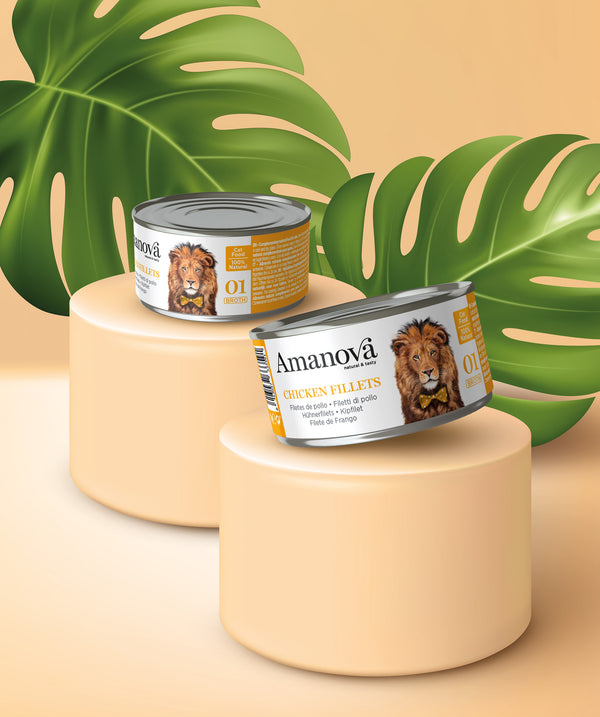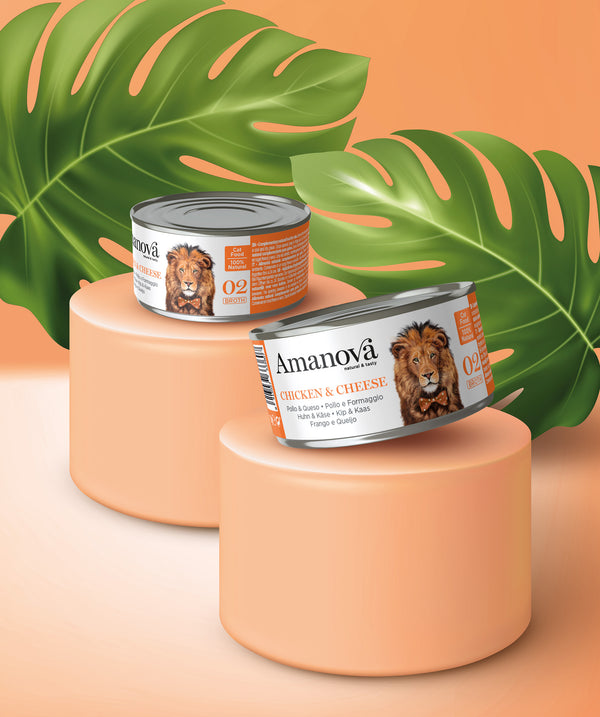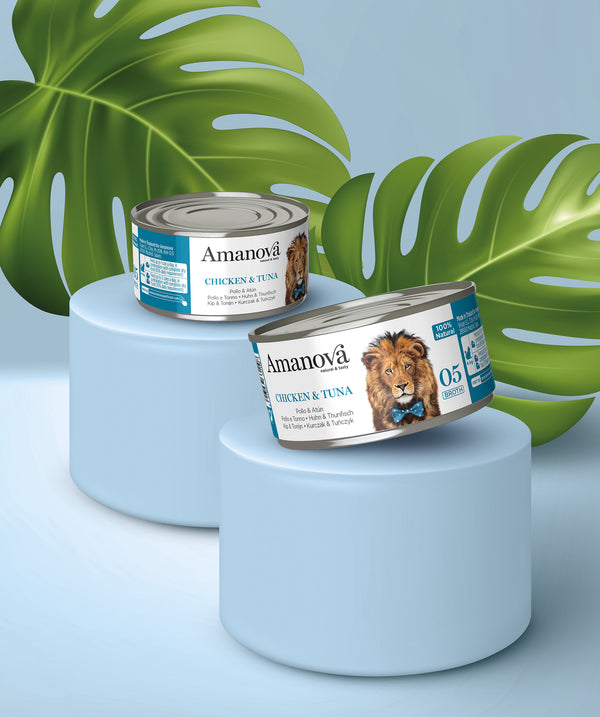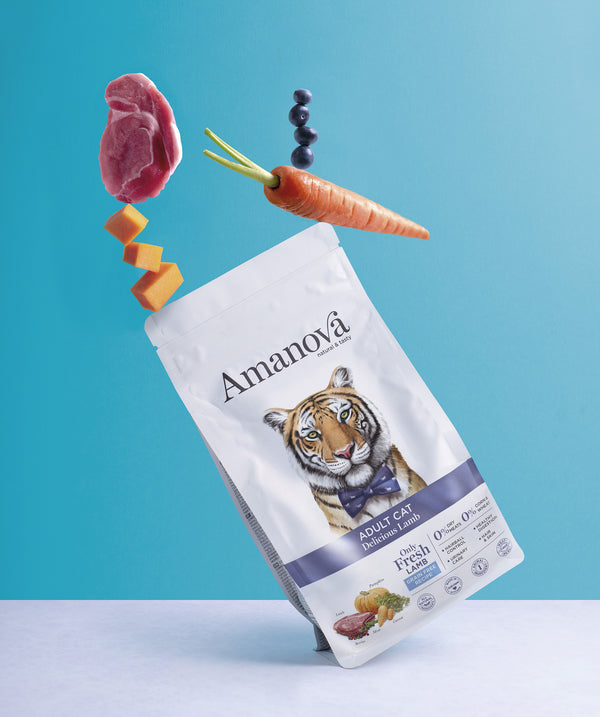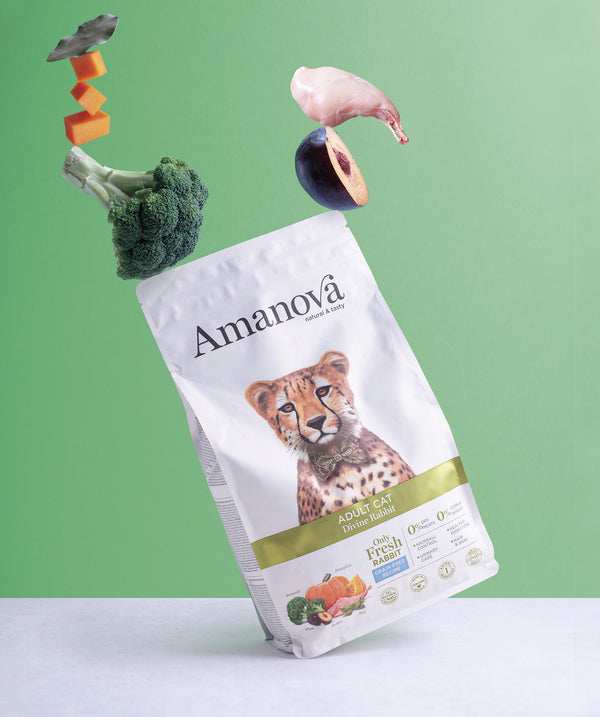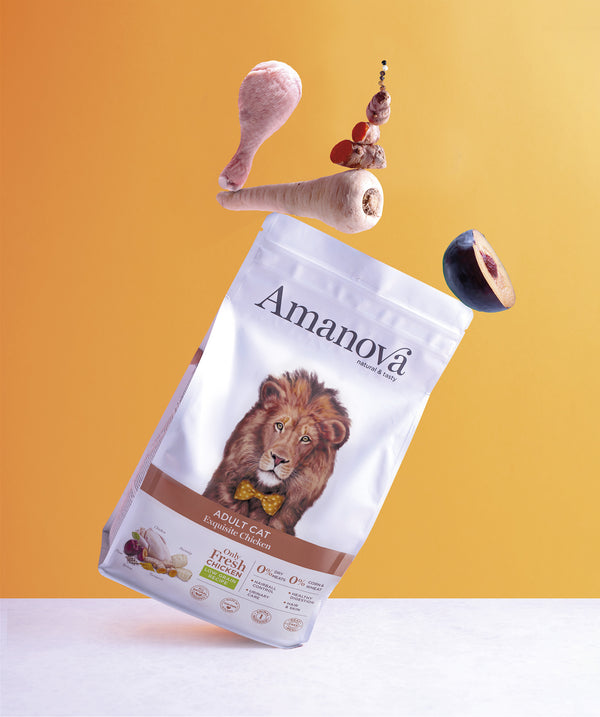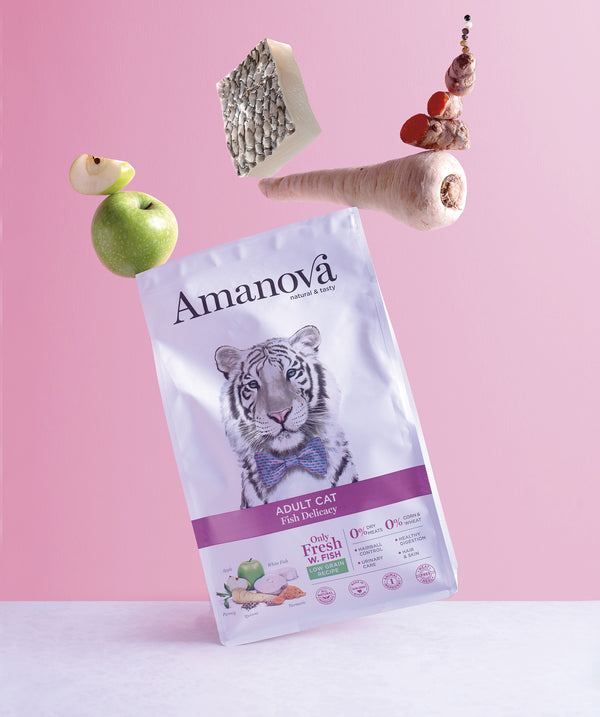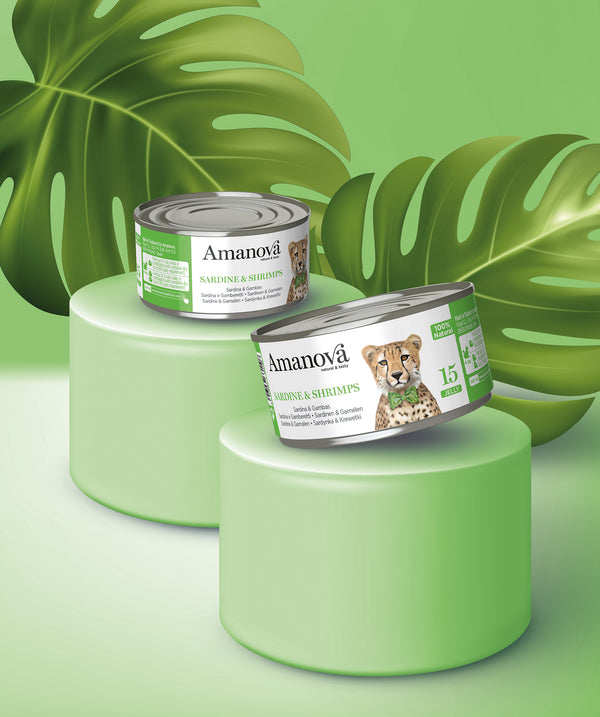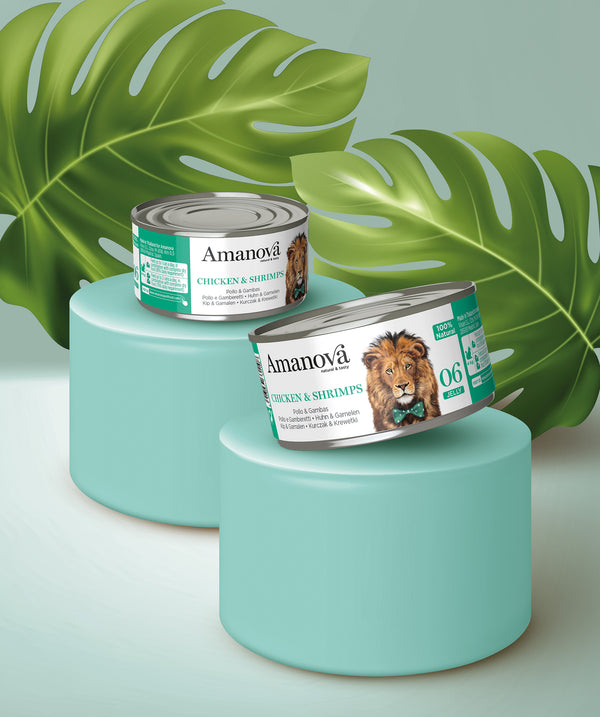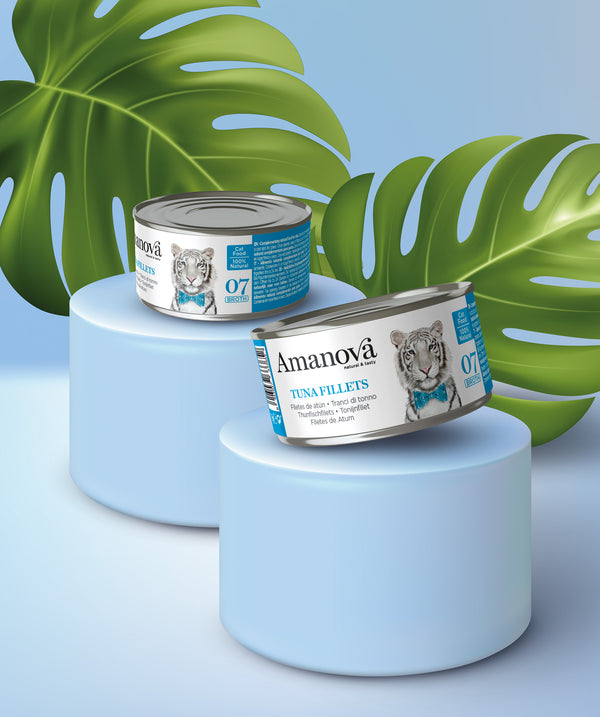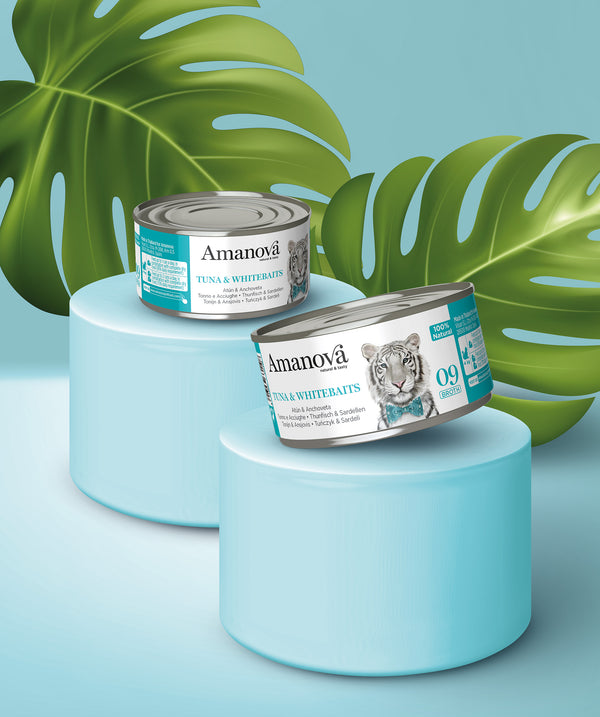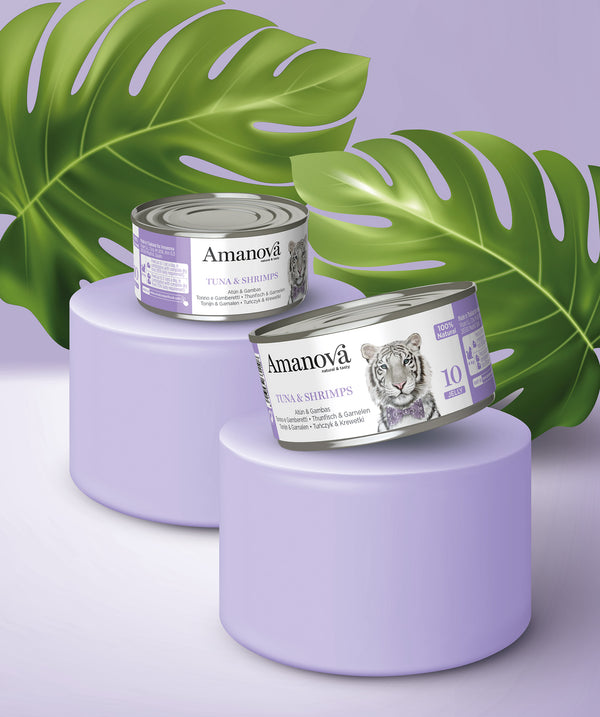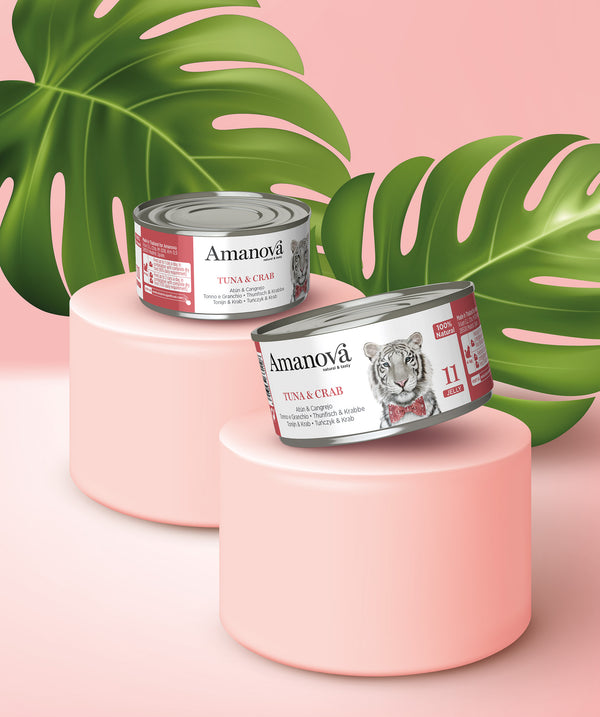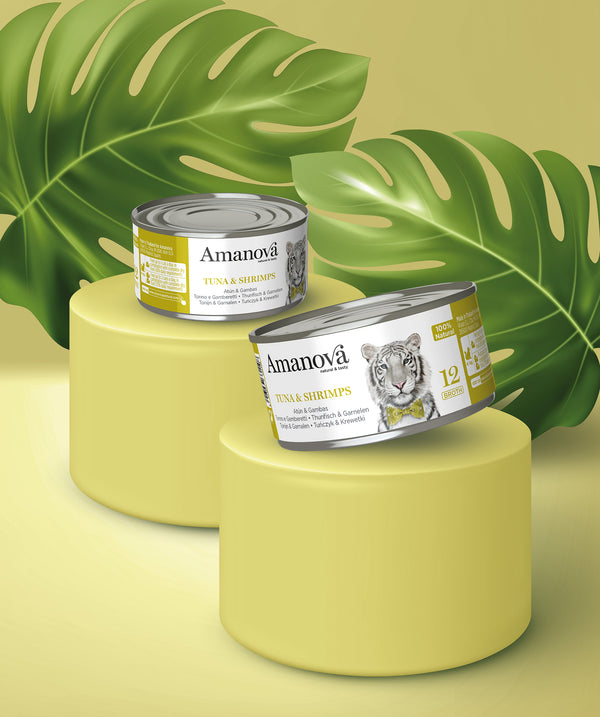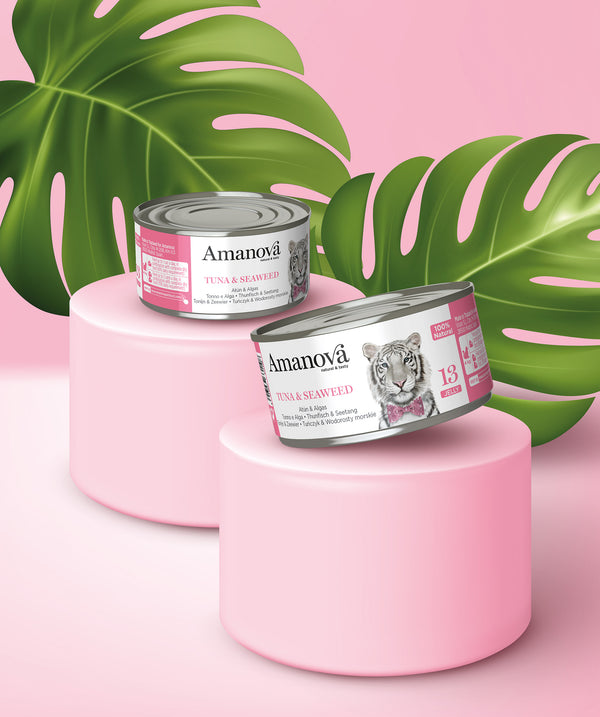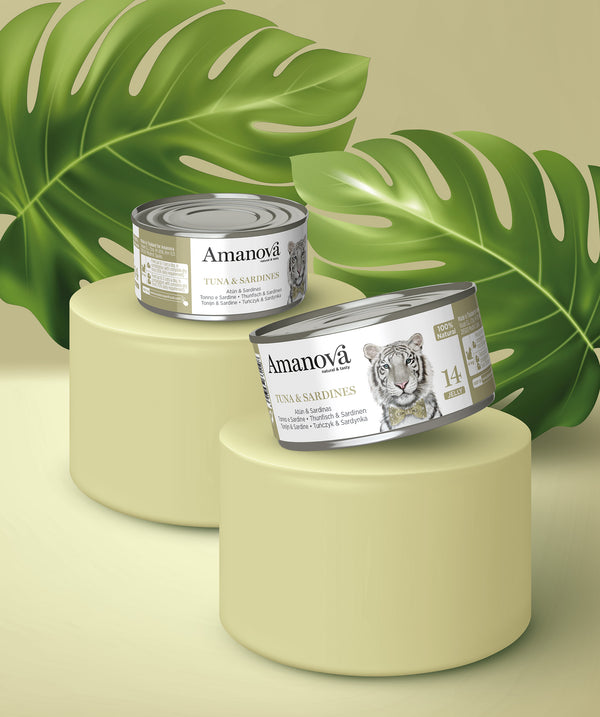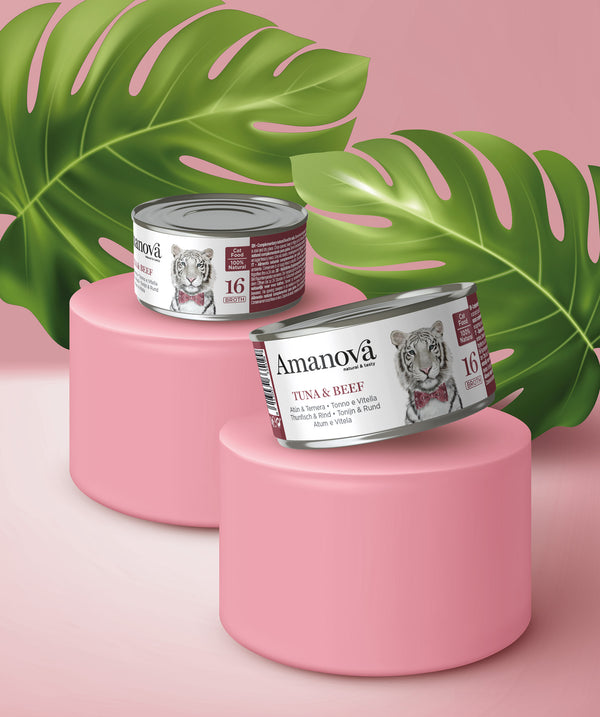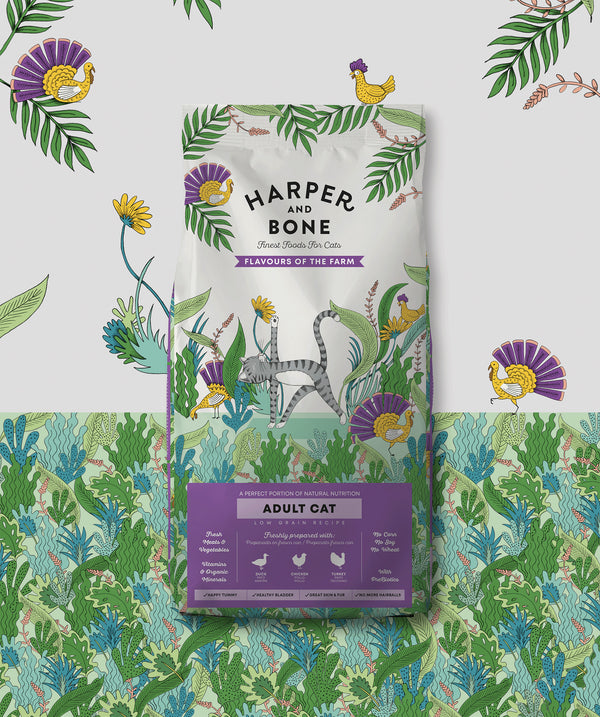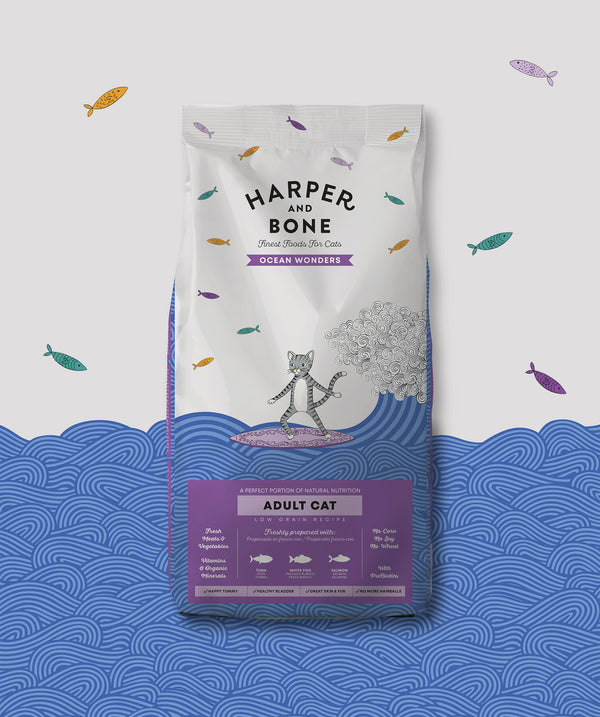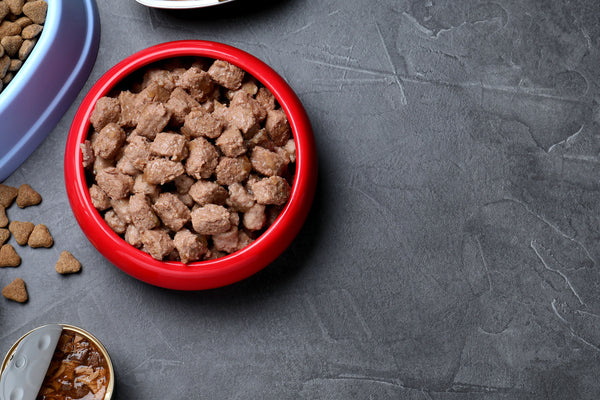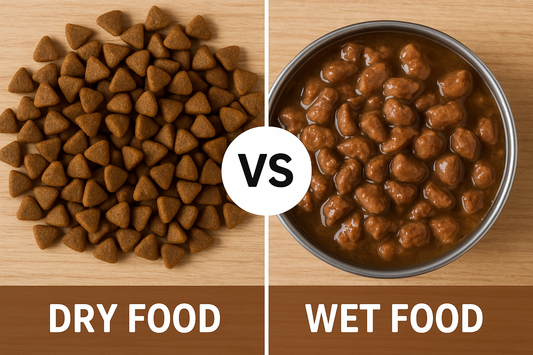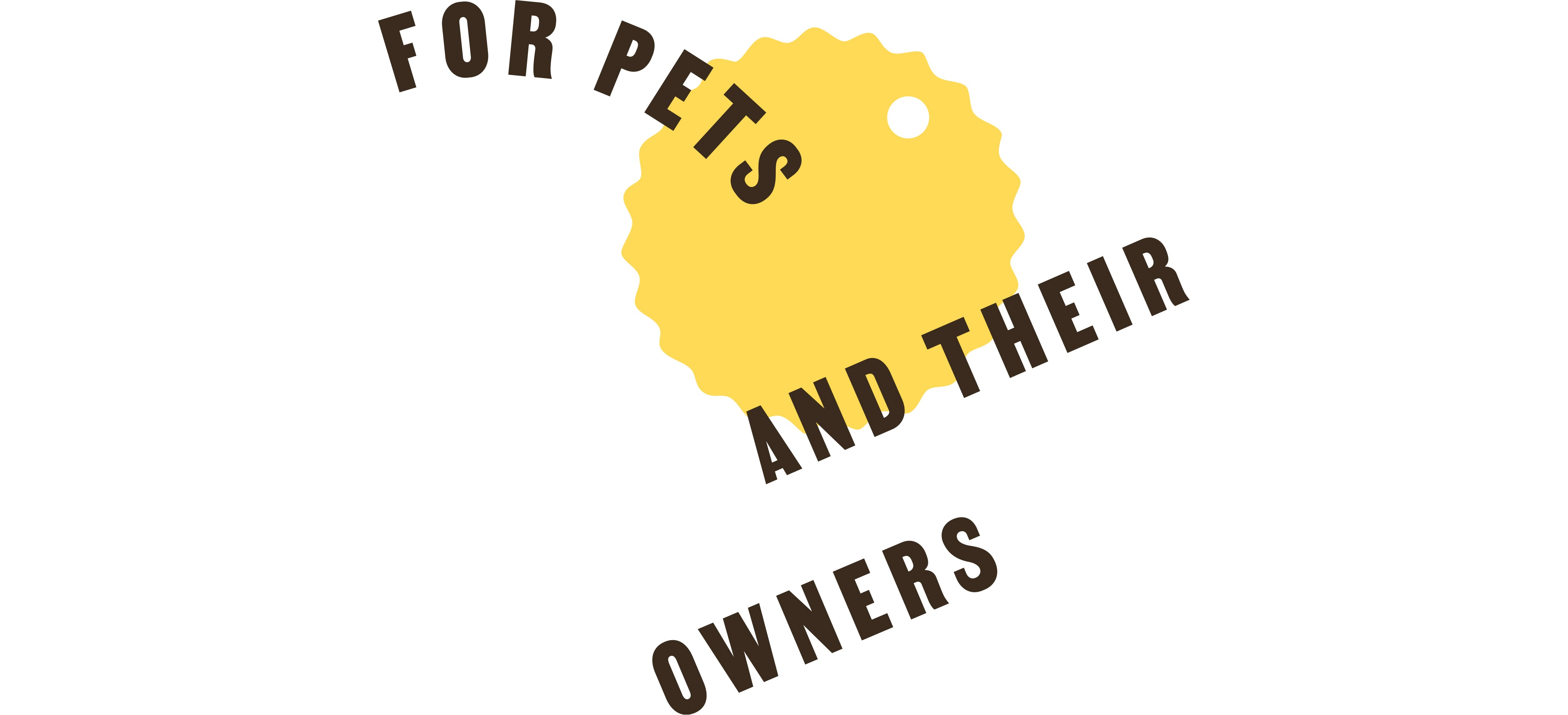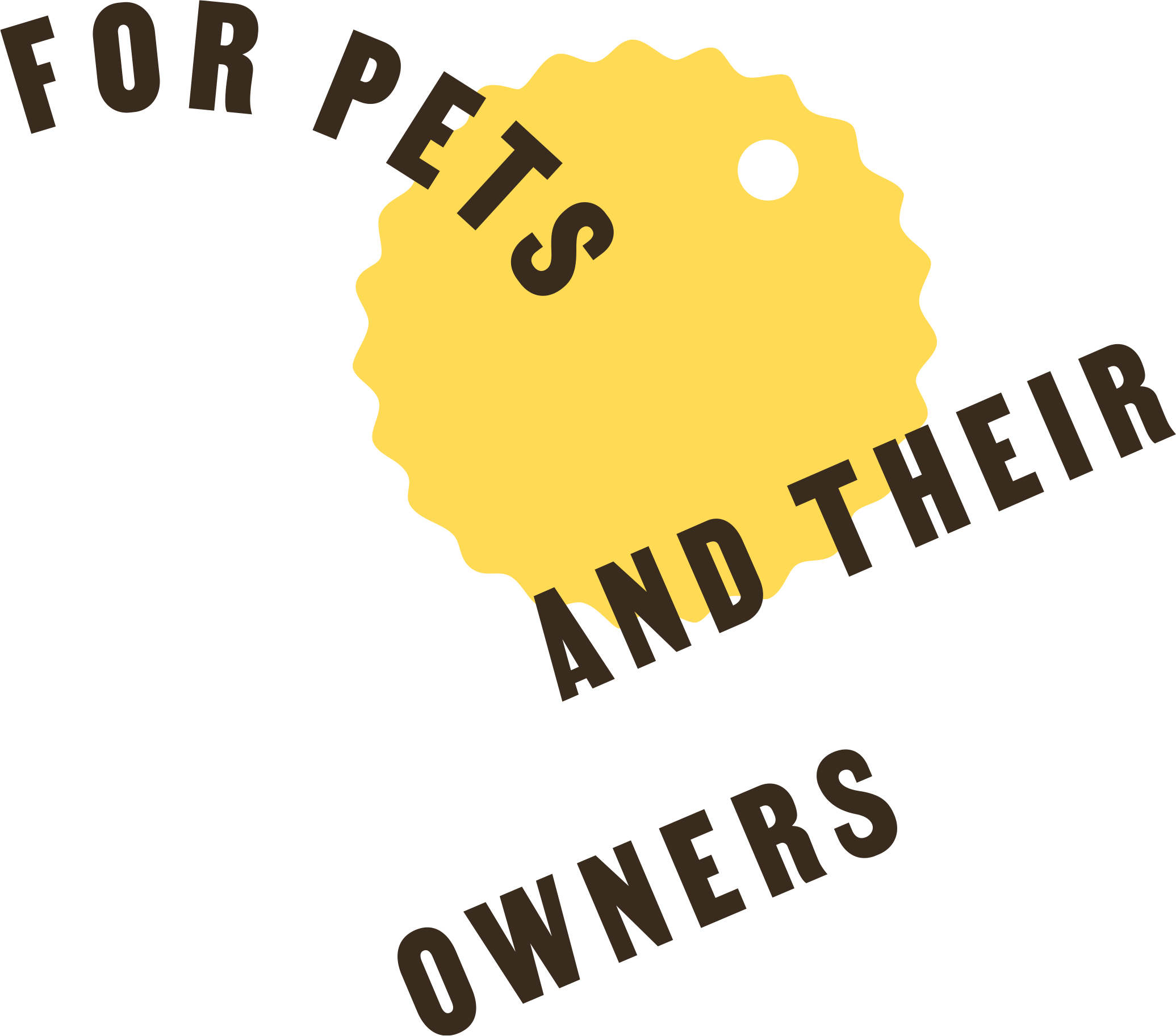Veganism is a lifestyle that is becoming increasingly popular in our society. For this reason, when choosing the diet of their furry companions, vegan people often avoid ingredients of animal origin. However, there are often questions about the benefits or drawbacks of a vegan diet for dogs. In this article, we summarize the nutritional needs you should consider if you decide to choose this option.
Are animal-based foods necessary for health?
Meeting the dietary needs of dogs depends on the intake of nutrients that are essential for their health. Therefore, there are no ingredients that are strictly indispensable, as long as the diet meets the appropriate nutritional requirements for each animal. Consequently, if we provide our pets with the necessary nutrients, avoiding animal-based foods is not a problem.
Vegan diet for dogs: which nutrients are important?
The nutrients that require special attention in a vegan diet for dogs are: proteins and essential amino acids, essential Omega-3 (DHA), and vitamins A, B, and D. This is because they are mainly obtained from animal-based foods. Therefore, if we want to offer a diet based on plant-based ingredients, we must ensure that these nutrients are not deficient.
Complete proteins and essential amino acids
Proteins contain amino acids that, after digestion and absorption, combine to form other proteins. There are two types of amino acids: essential and non-essential. Essential amino acids are those that cannot be synthesized in the body and must therefore be obtained through the diet. In dogs, there are 10 essential amino acids (arginine, histidine, isoleucine, leucine, lysine, methionine, phenylalanine, threonine, tryptophan, and valine). The nutritional value of proteins depends partly on their essential amino acid content. Thus, complete proteins are those that contain an adequate proportion of essential amino acids.
It is therefore important to know whether a vegan diet for dogs provides all the essential amino acids for proper development. The essential amino acid content of plant proteins can sometimes be incomplete, especially in terms of methionine and lysine.
However, certain plant-based ingredients do contain complete proteins in amounts comparable to those from animal sources. There are vegan diets that meet the necessary nutritional requirements. If the plant-based ingredients do not provide a complete amino acid profile, complementary proteins must be used to supply the missing amino acids.
Fatty acids
Omega-3 and Omega-6 are polyunsaturated fatty acids that are very important for the wellbeing of our pets. Omega-3 is especially relevant because dogs cannot produce this type of fatty acid in their bodies, so it must be incorporated through diet.
In this regard, terrestrial plants provide some of the necessary fatty acids, but not enough. However, if the diet is combined with different types of algae, the nutritional requirements of a vegan diet for dogs are met.
Vitamin A
Vitamin A is essential for dog health and is found exclusively in animal tissues. However, many plants contain carotenoids, substances that function as provitamin A precursors. Omnivores like dogs can metabolize carotenoids to form active vitamin A. Therefore, including vegetables rich in carotenoids is key in vegan dog diets. Additionally, synthetic supplements of this vitamin can also be added to meals.
Vitamin B12
The B vitamin complex includes essential nutrients for various metabolic processes. Of all these, vitamin B12 is the only one not provided by plant ingredients. Therefore, a vegan diet for dogs requires synthetic supplementation of this vitamin.
Vitamin D
Vitamin D is necessary for proper bone mineralization, particularly during growth. In general, there are three sources of vitamin D: vitamin D2, vitamin D3, and synthesis in the skin from exposure to ultraviolet sunlight. However, dogs cannot synthesize vitamin D in the skin. Therefore, this nutrient must be obtained from dietary sources of D2 and D3.
In a vegan diet, vitamin D2 is not an issue, as it comes from fungi and yeasts. However, vitamin D3 is mostly obtained from animal products. Some plants and algae can provide vitamin D3, but in commercial pet foods, this nutrient may be insufficient. Consequently, vitamin D levels are the main challenge in vegan dog diets. Periodic monitoring is recommended to check nutrient levels in the dog’s body.
Trovetplus: vegan foods for dogs
The Trovetplus range offers highly palatable products made only from plant-based ingredients. For example:
- Hypoallergenic, plant-based, for adult dogs. A diet composed of sweet potato, peas, potato, flaxseed, and probiotics. Rich in fiber, vitamins such as A and B6, and minerals like magnesium, potassium, calcium, manganese, and phosphorus. A dietary product designed to prevent intolerance to certain ingredients and nutrients, especially in dogs with protein hypersensitivity. Hypoallergenic, plant-based wet food. A recipe made only with plant-based ingredients like carrot, potato, peas, flaxseed, and kelp. An ideal food to avoid allergic reactions and intolerances, especially in dogs with protein hypersensitivity.
Consult a veterinarian
In conclusion, a vegan diet for dogs is generally a viable and healthy option. However, it is very important to consult a professional to design an appropriate diet and carry out thorough monitoring of your pet’s health. This way, you can ensure that your furry companion remains strong and healthy at all times.

